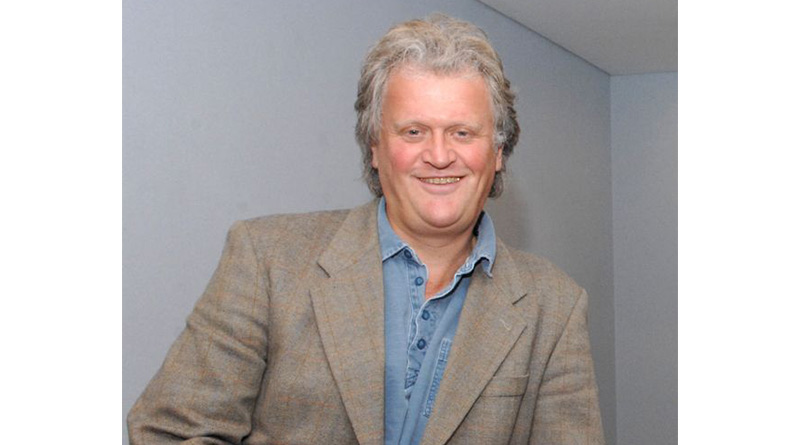Wetherspoon Like-For-Like Sales Fall

JD Wetherspoon has reported a 53.9% decline in like-for-like sales in the 26 weeks to 24 January 2021, with revenue down by 53.8% to £431.1m (2020: £933.0m).
The business also announced it had agreed a further £51.7m from the Coronavirus Large Business Interruption Loan Scheme (CLBILS) earlier this month. The company said that like-for-like bar sales in the half year decreased by 57.3% (2020: up 4.2%), food by 48.4% (2020: up 5.6%) and fruit/slot machines by 53.7% (2020: up 20.3%). Like-for-like hotel room sales decreased by 51.8% (2020: down 1.3%). Pre-IFRS 16 operating profit decreased to minus £20.7m (2020: £76.6m).
The operating margin was minus 4.8% (2020: 8.2%). Loss before tax and exceptional items was £46.2m (2020: £57.9m profit), including property losses of £1.3m (2020: £0.2m). The company said total capital investment was £19.0m in the period (2020: £135.8m), with £1.4m spent on freehold reversions of properties where Wetherspoon was the tenant (2020: £70.6m); £7.1m on new pub openings and extensions, mainly in respect of the Keavan’s Port Hotel in Dublin (2020: £34.8m); and £9.6m on existing pubs (2020: £32.8m).
During the period, the company opened two new pubs and closed or sold two, bringing the number open at the period end to 872. Following a review of its estate, in recent years, the business placed about 100 pubs on the market, most of which it said had now been sold. Ten years ago (FY11) the group’s freehold/leasehold split was 43.4%/56.6%. At the half-year end, it was 64.4%/35.6%. As at 24 January 2021, the company’s net debt, including bank borrowings and finance leases, but excluding derivatives, was £811.9m (2020: £817.0m).
Commenting on the results, Tim Martin, the Chairman of J D Wetherspoon plc, said: “Wetherspoon and its employees, along with the hospitality industry, have worked very hard to comply with ever-changing government guidelines. It is disappointing that so many regulations, implemented at tremendous cost to the nation, appear to have had no real basis in common sense or science – for example, curfews, “substantial meals” with drinks and masks for bathroom visits. “The future of the industry, and of the UK economy, depends on a consistent set of sensible policies, and the ending of lockdowns and tier systems, which have created economic and social mayhem and colossal debts, with no apparent health benefits.”
